Schools in the highlands have more solid classrooms, dirt roads are paved with concrete... The ethnic minority areas of Hoa Binh province are changing. Implementing Project 03, dated September 9, 2021 of the Standing Committee of the Hoa Binh Provincial Party Committee on agricultural development, promoting product consumption associated with new rural construction (NTM) in the period of 2021-2025, more than 1,350 billion VND has been combined from many resources to invest in the highlands of the province. Not only is it a budget figure, from here it has created positive and sustainable movements in the place still considered the "poor core" of the province.
Over the years, the Department of Ethnic Minorities and Religions has integrated many resources to effectively implement Project 03. Photo: Through training and coaching programs, products of ethnic minorities in the province have had traceability, creating prestige with consumers.
Of the more than 1,350 billion VND that the province has combined and mobilized to invest in ethnic minority and mountainous areas, nearly 1,000 billion VND is development investment capital. Not only is it a political determination, this is also considered a "strong medicine" to help remove infrastructure bottlenecks, from transportation to electricity, water, schools, housing, etc.
According to Mr. Dinh Duy Chuyen, Deputy Director of the Department of Ethnic Minorities and Religions, from this source of capital, hundreds of projects have been started, completed and put into use. Many inter-village and inter-commune roads in remote and extremely disadvantaged communes have been concreted, making travel and trade more convenient. Remote schools have been upgraded, new community cultural houses have been built, and thousands of households have been supported to build houses according to the "three hard" standards. Not only people's infrastructure, but also production infrastructure such as intra-field roads, irrigation canals, agricultural product gathering points, etc. have also been invested in more systematically.
Project 03 also opens up new livelihood opportunities for people in the highlands. A series of value chain production development projects have been implemented in districts with a large ethnic minority population, with the motto: practical support - production organization - output consumption.
From 2022 to present, the whole province has implemented 15 projects to support the development of production according to the value chain. In particular, people are supported with seeds, agricultural materials, technical process guidance, participate in demonstration models and connect with businesses and cooperatives to ensure output. Some models have initially brought positive results such as: raising cows and goats for breeding in Da Bac and Lac Son districts; raising fish in cages on Hoa Binh Hydropower Reservoir; growing fruit trees and indigenous medicinal herbs in Tan Lac, Mai Chau, Kim Boi districts...
Since participating in the goat breeding model, Mr. Dinh Van Meo's family in Son Lap hamlet, Cao Son commune (Da Bac) seems to have a new "source of life". As the leader of the goat breeding group, Mr. Meo was supported with 12 initial goats and trained in care and disease prevention techniques. The goats are suitable for the land, eat well, grow quickly; each year they give birth to 2 litters, each litter has 1-2 goats. "We just need to take good care of them so that next year we will have goats to sell and to continue raising. Before, we only relied on a few fields, now it is much less difficult" - Mr. Meo smiled gently.
The highlight of these models is that they not only help people increase their income, but also change their way of thinking and working. In cultivation, people start farming according to seasonal plans and orders, and know how to ask questions about productivity, quality, and market. In particular, the integration of brand building, growing area codes, traceability, and OCOP product characterization is also being focused on, creating a stepping stone for highland agricultural products to have both "good harvests" and "good prices".
In addition to supporting capital, seeds, techniques, etc., implementing Project 03, the Department of Ethnic Minorities and Religions also focuses on tapping a special resource - human resources, from the labor force of ethnic minorities. In 3 years, the sector has advised the Provincial People's Committee to implement 35 vocational training projects and support production development, prioritizing people in remote, isolated and extremely disadvantaged areas. People are taught vocational skills in the form of "hands-on training", closely linked to actual conditions and local needs such as animal husbandry, cultivation, traditional handicrafts, agricultural processing, community tourism, etc. After learning the trade, many households have opened small workshops, cooperatives, and even put their products on e-commerce platforms.
Despite many positive changes, the process of identifying agricultural products and developing ethnic minority areas has not been able to "accelerate" as expected. The Deputy Director of the Department of Ethnic Minorities and Religions frankly pointed out: Lack of production space, small scale, lack of investment capital and lack of accompanying businesses are the bottlenecks that have caused many models to remain at the "pilot" level.
In addition, in many places, farmers are still not really proactive with the market; the products produced do not have their own brands, making it difficult to compete. The construction of growing area codes, traceability stamps, putting products on e-commerce platforms, etc. has not been focused on, especially in some remote communes. Trade promotion and connecting consumer markets are still fragmented and unprofessional. Some effective models have not been replicated due to the lack of connection between functional sectors, localities and businesses.
The Department of Ethnic and Religious Affairs is focusing on overcoming the above limitations so that Project 03 can be increasingly concretized, with the expectation of creating clear changes from infrastructure to livelihood, from material to thinking in remote areas.
Minh Vu
Source: https://baohoabinh.com.vn/274/200463/Dean-03-o-vung-dong-bao-dan-toc-thieu-soThay-doi-noi-reo-cao.htm
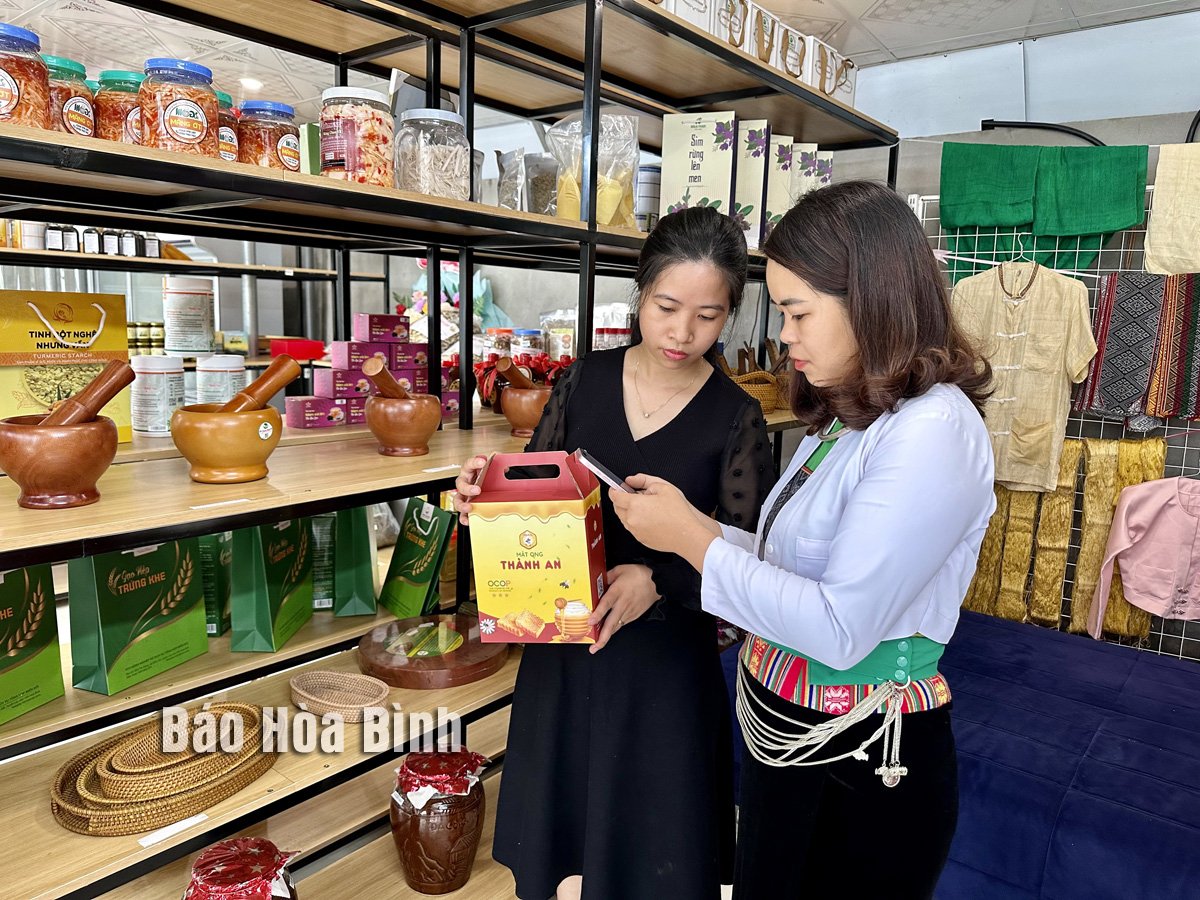


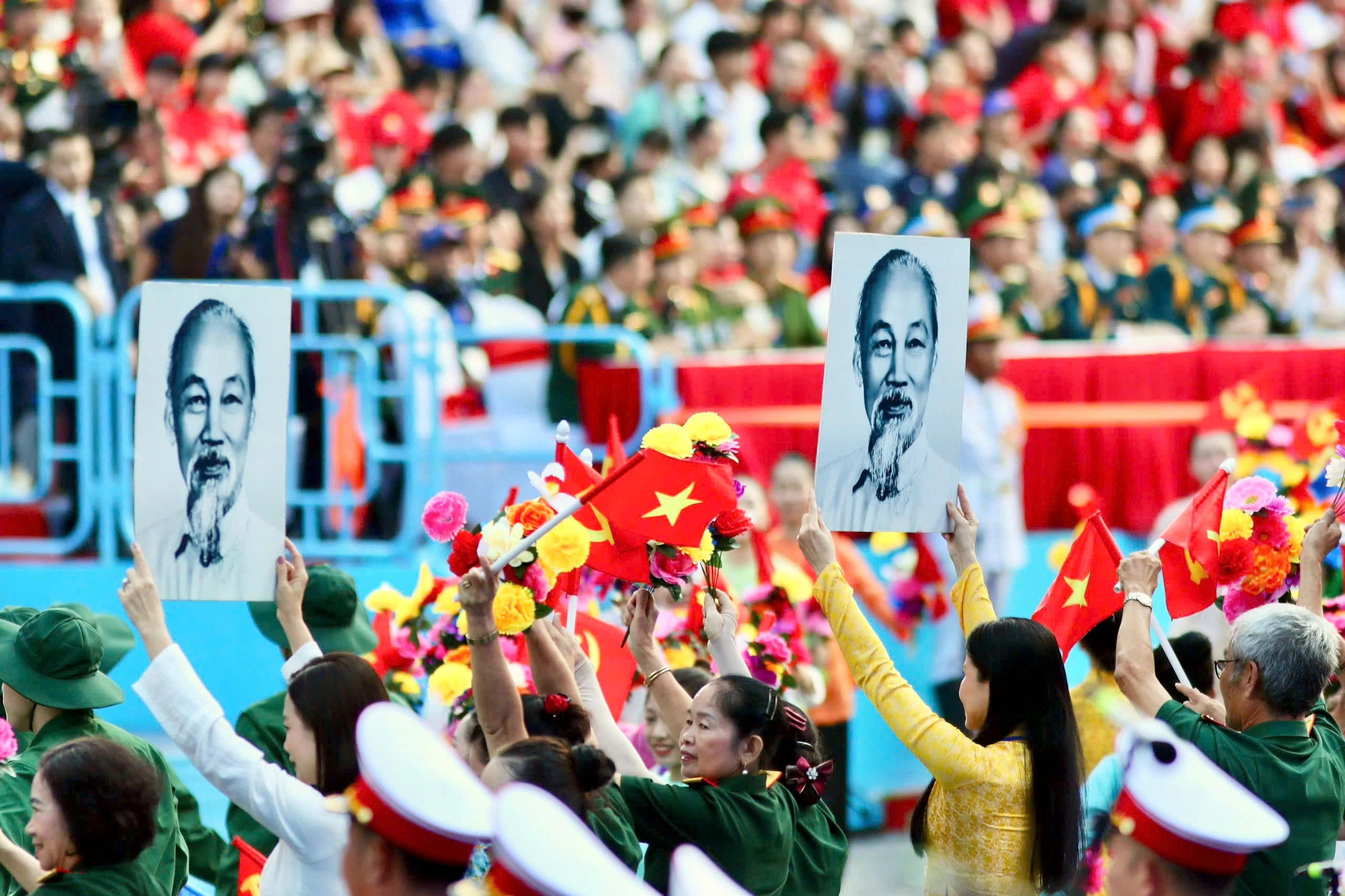
![[Photo] Spreading passion for science and technology in educational environment](https://vstatic.vietnam.vn/vietnam/resource/IMAGE/2025/4/27/059521b98e3847368f5ff4120460a500)
![[Photo] Ho Chi Minh City residents stay up all night waiting to watch the parade rehearsal](https://vstatic.vietnam.vn/vietnam/resource/IMAGE/2025/4/27/0c555ae2078749f3825231e5b56b0a75)
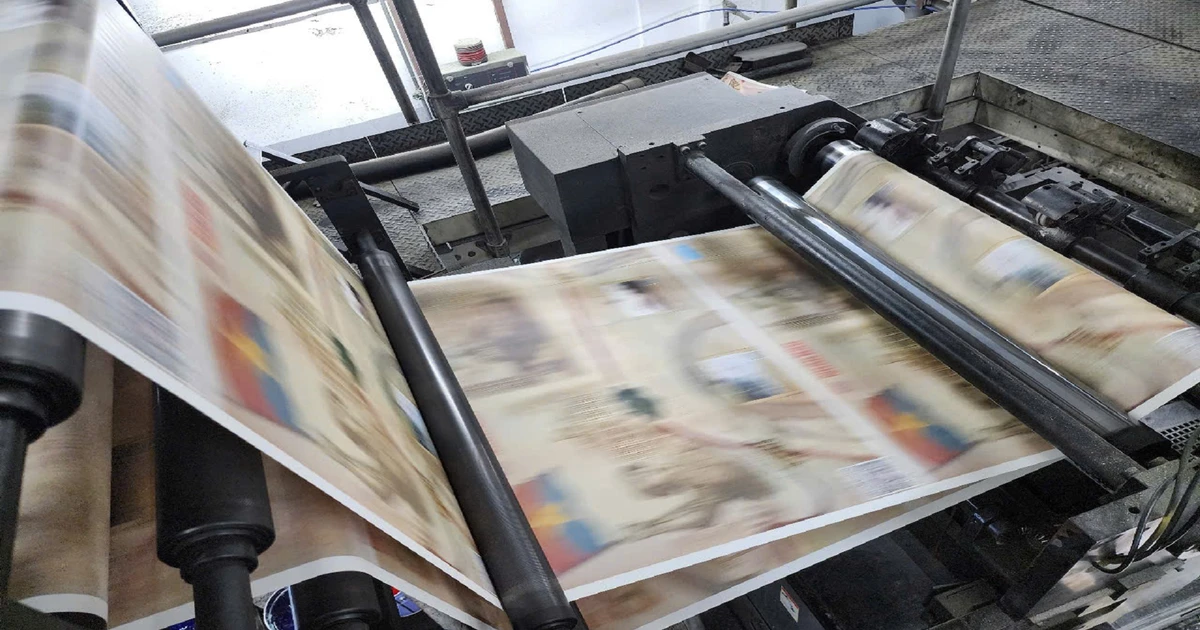
![[Photo] Young people line up to receive the special supplement commemorating the 50th anniversary of the Liberation of the South of Nhan Dan Newspaper](https://vstatic.vietnam.vn/vietnam/resource/IMAGE/2025/4/26/9e7e624ae81643eba5f3cdc232cd07a5)

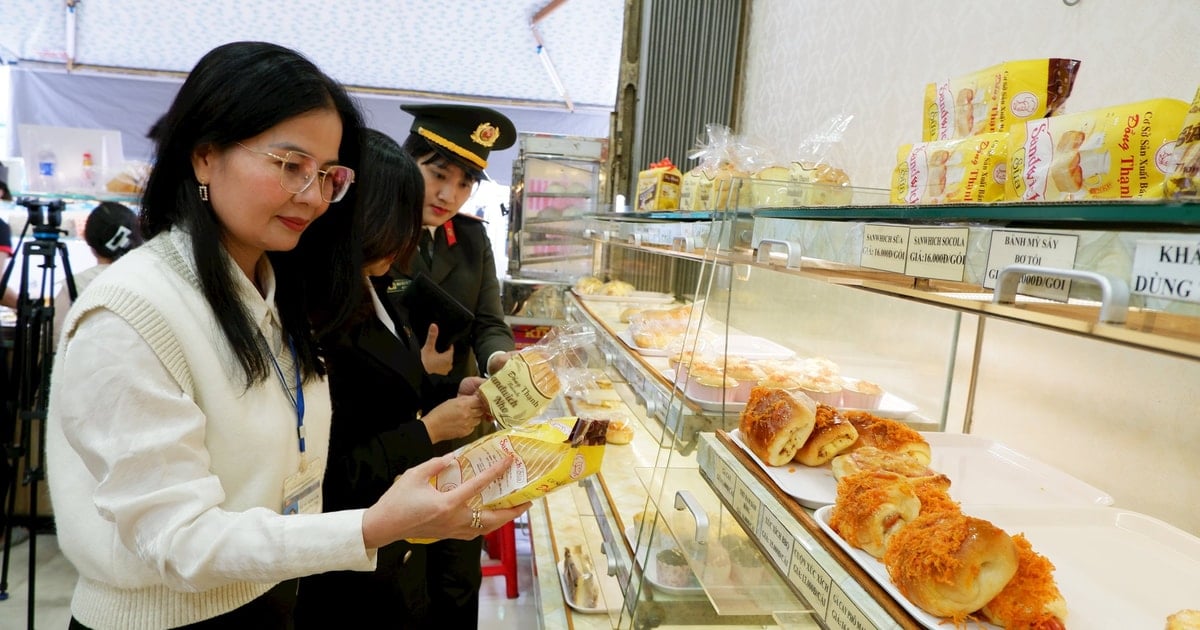

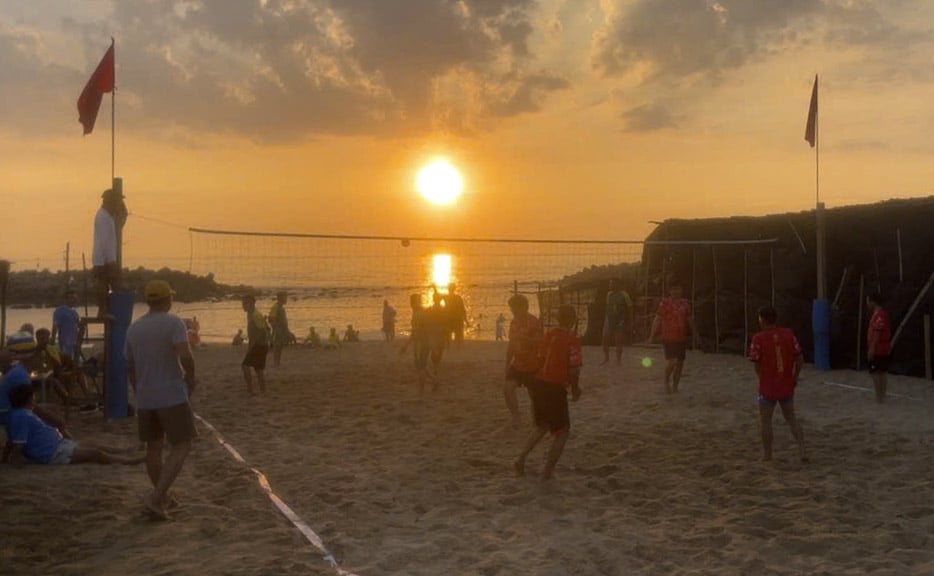

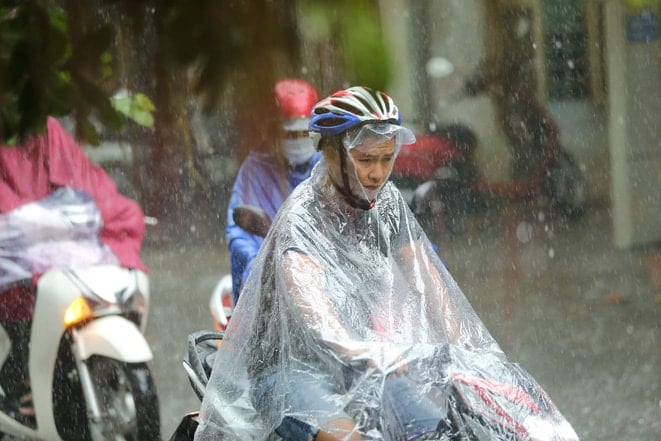
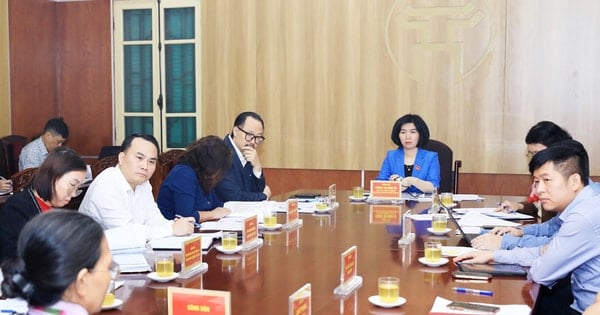
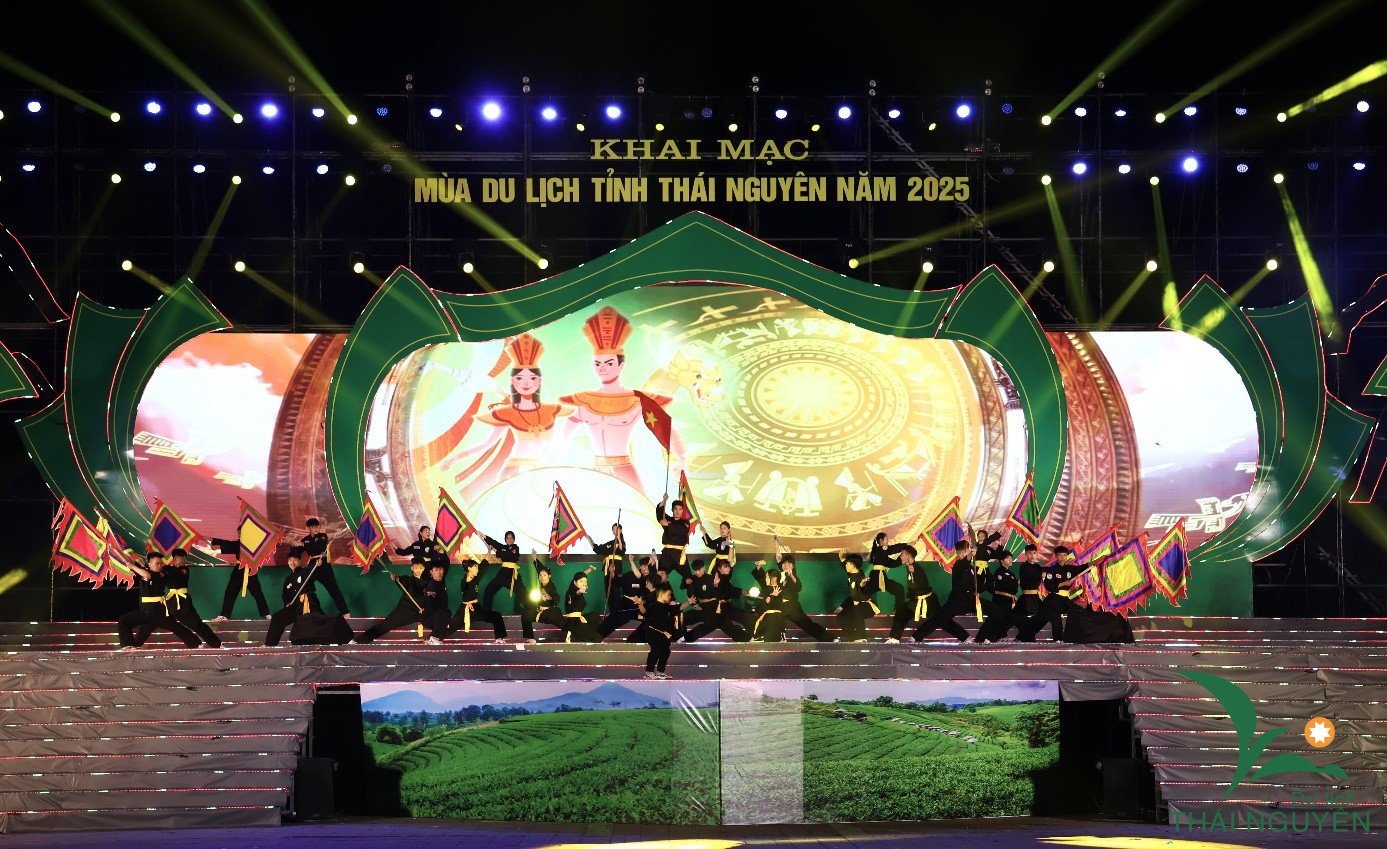

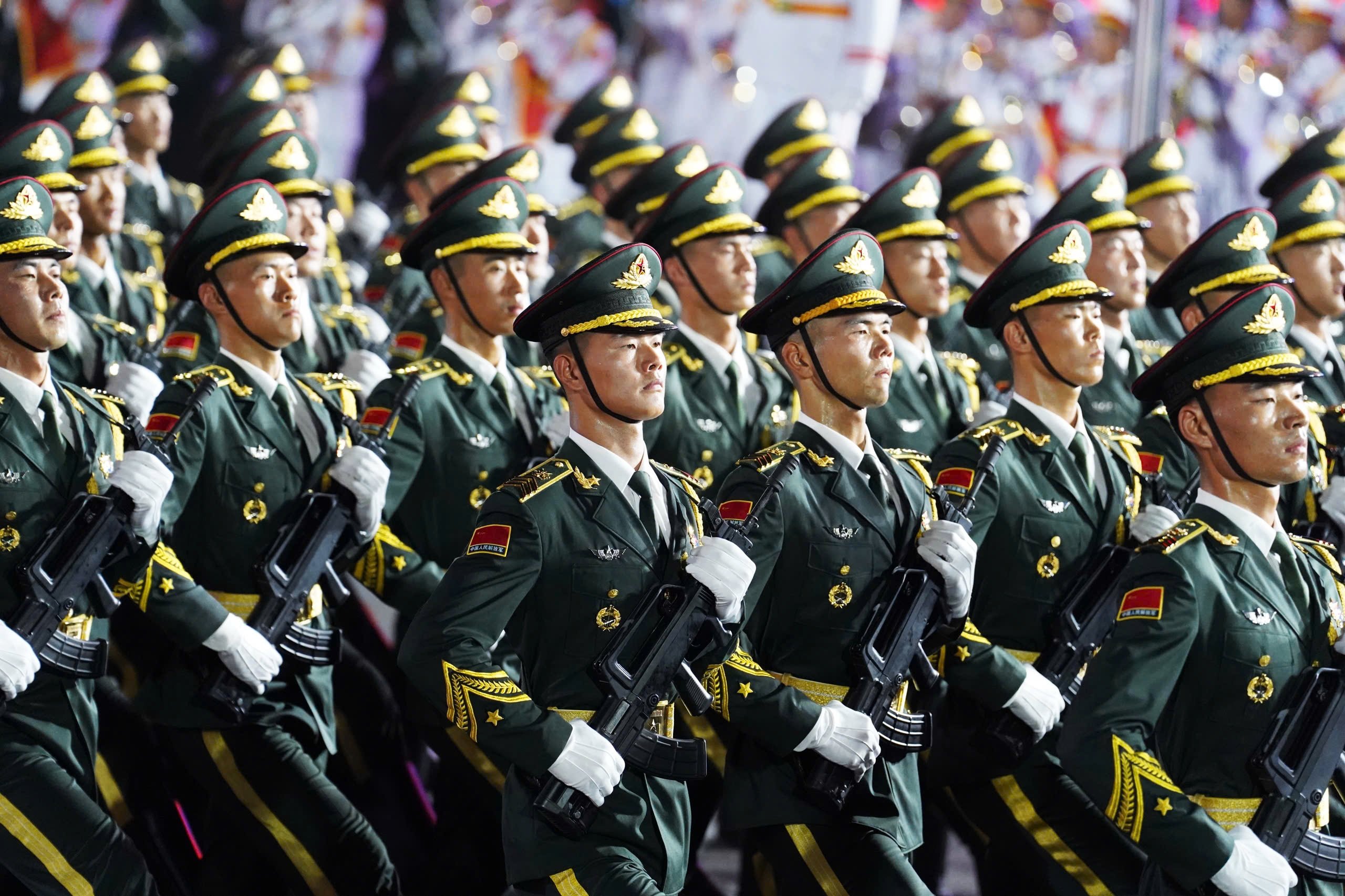

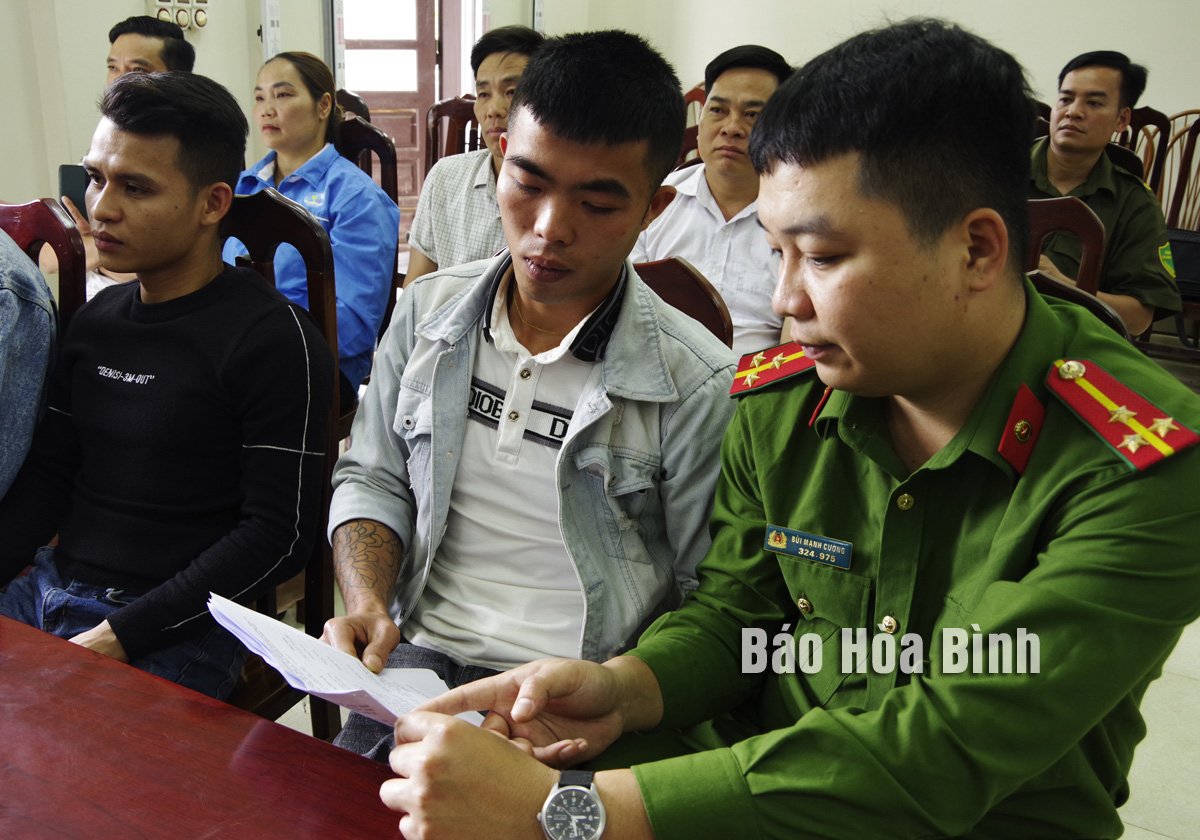
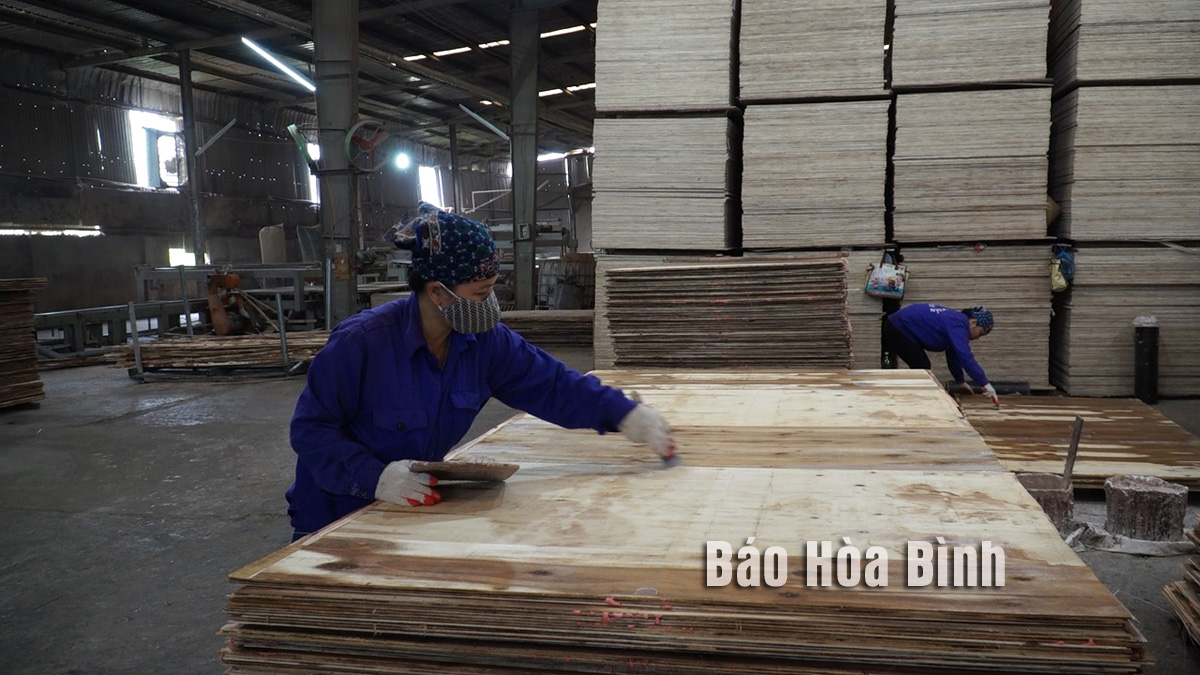
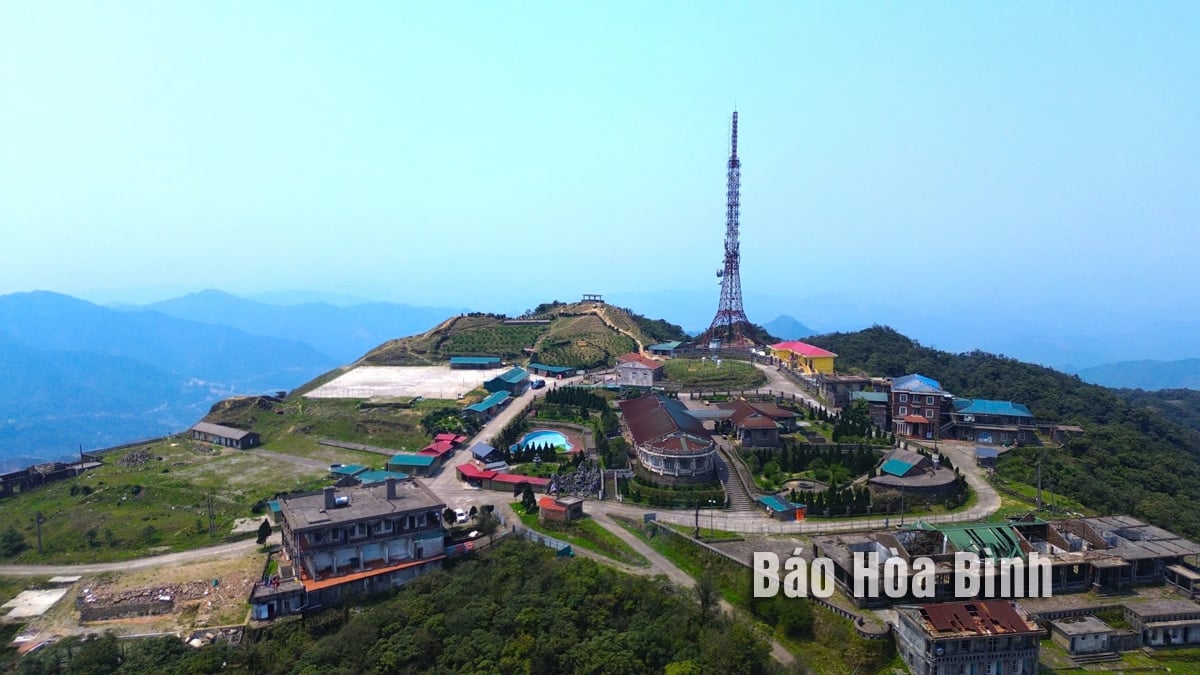
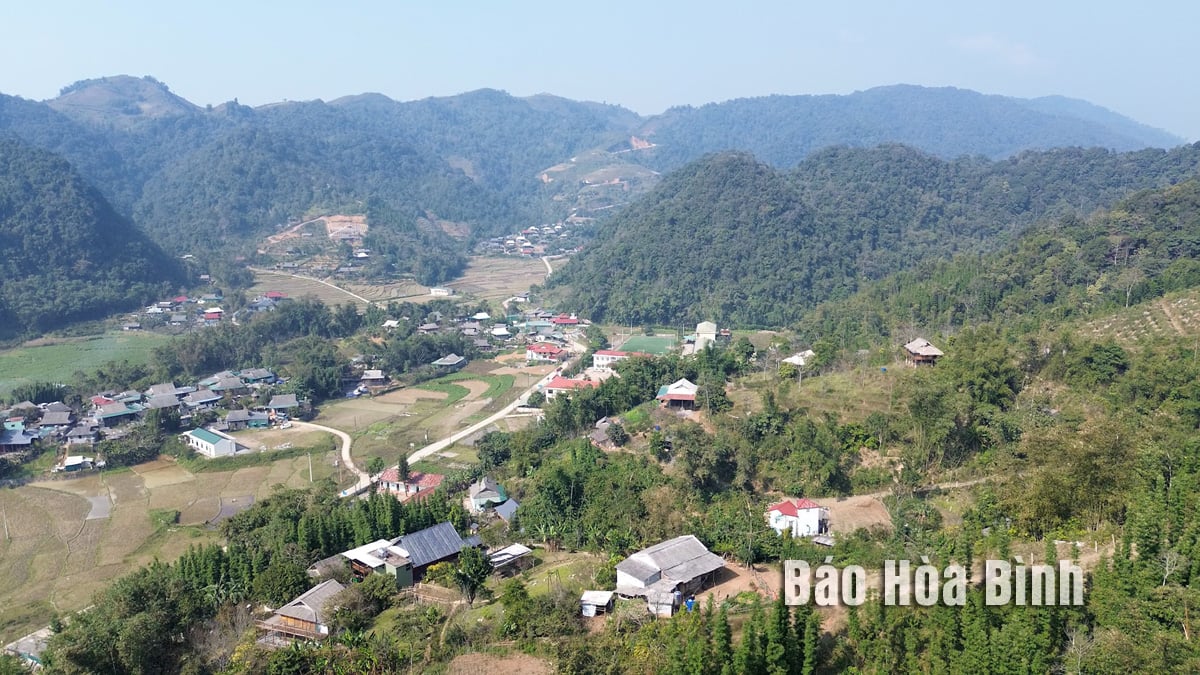
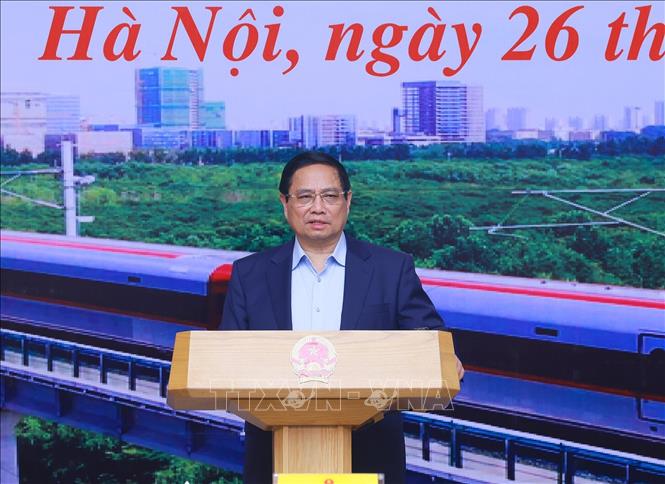
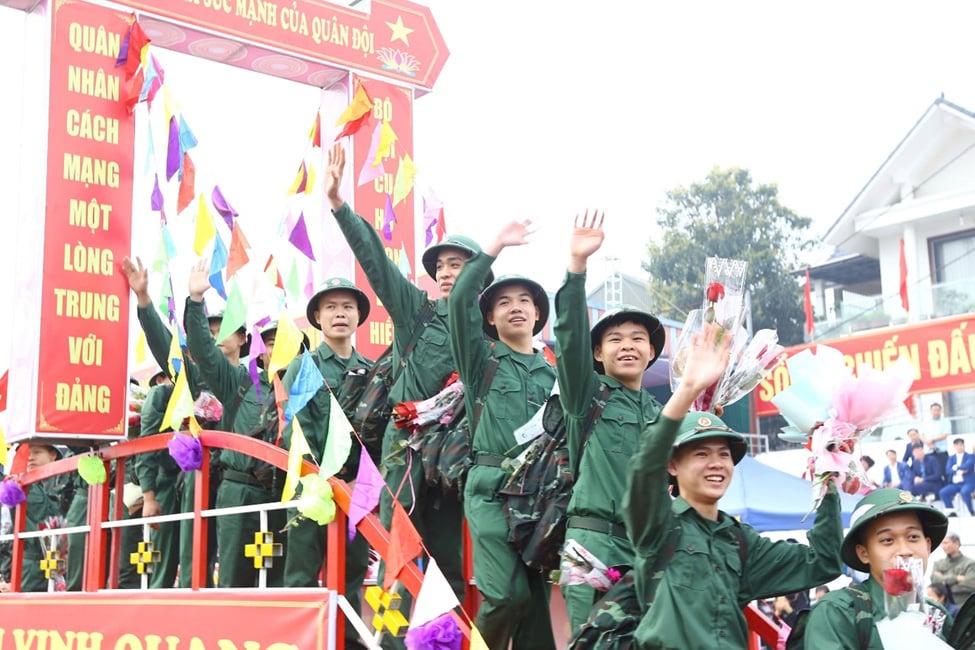


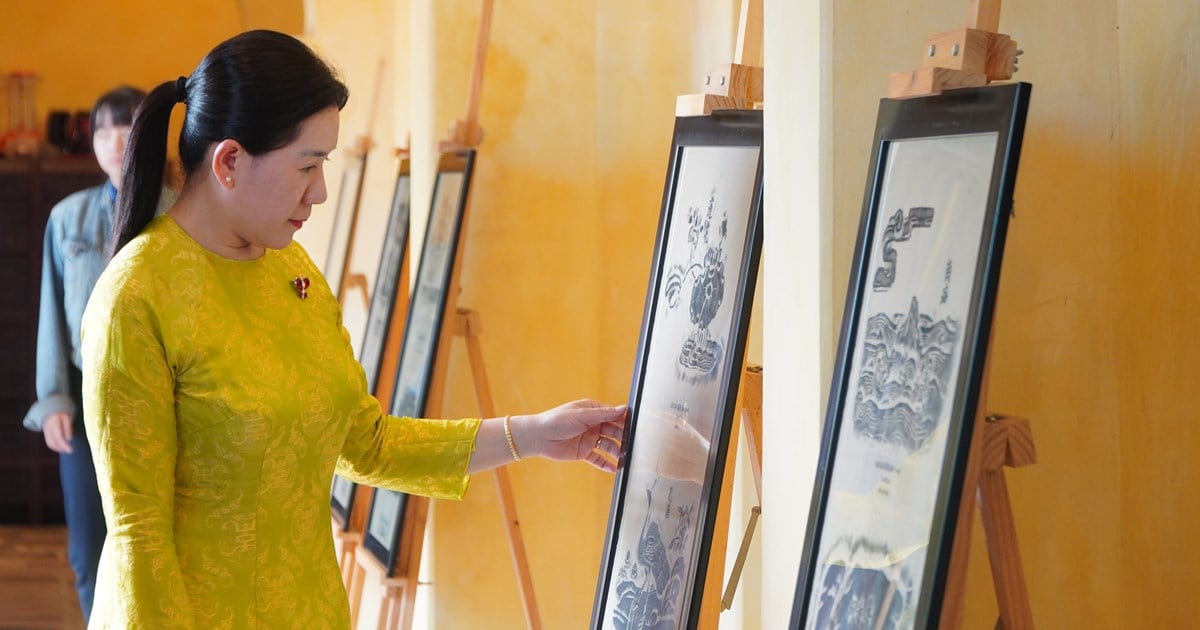



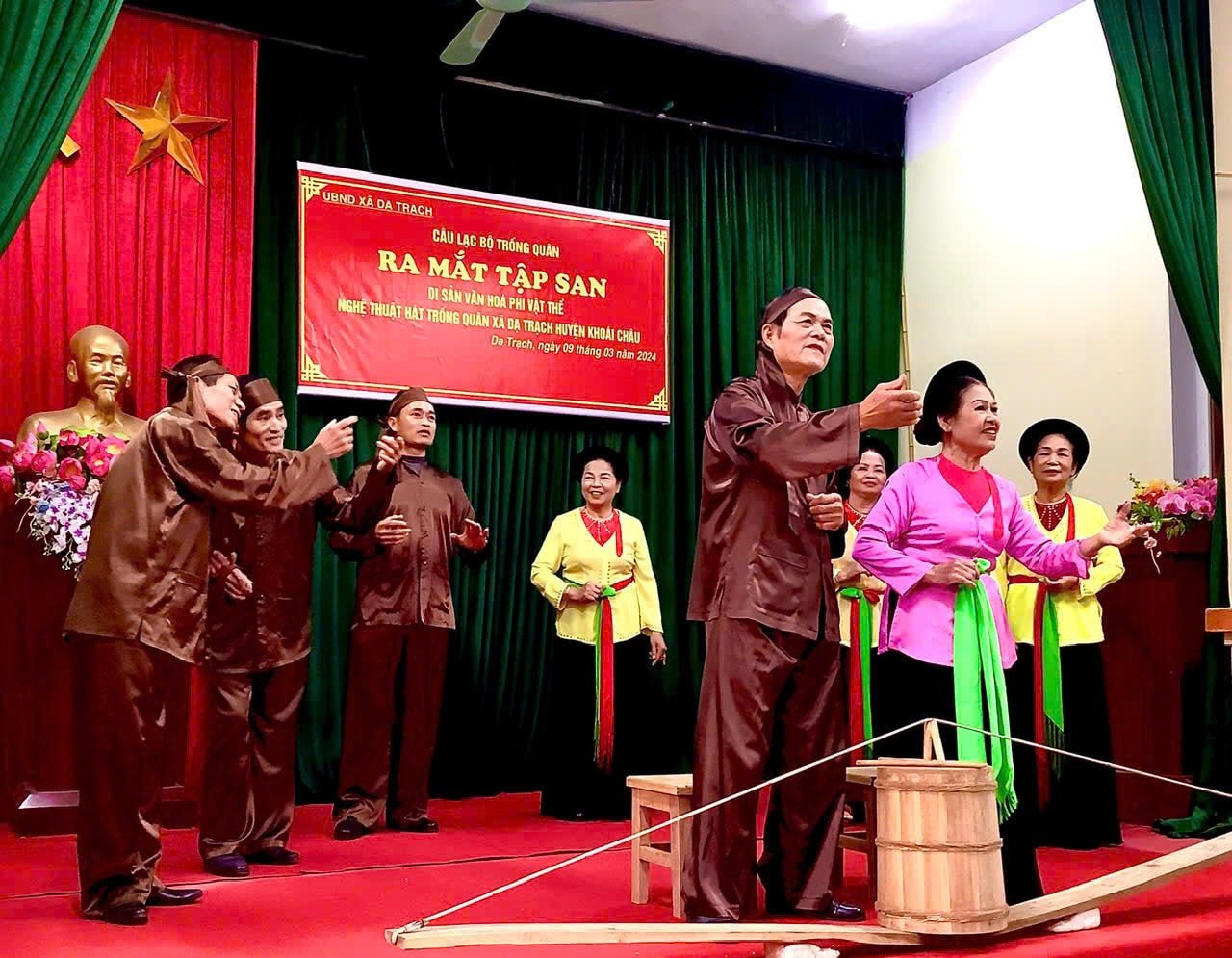

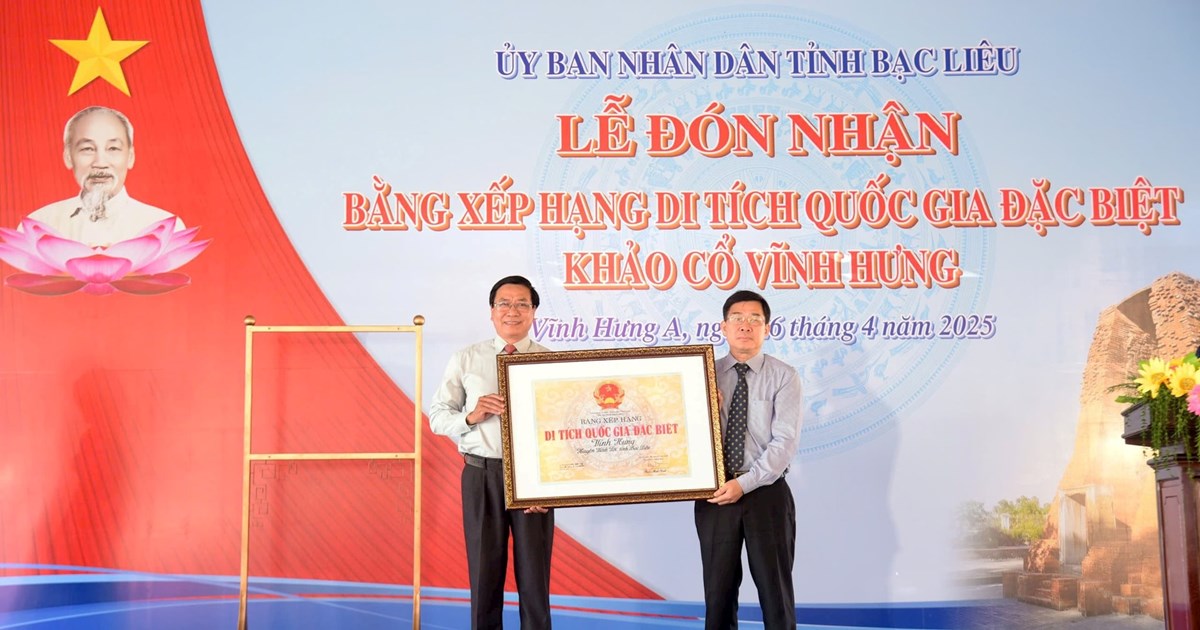


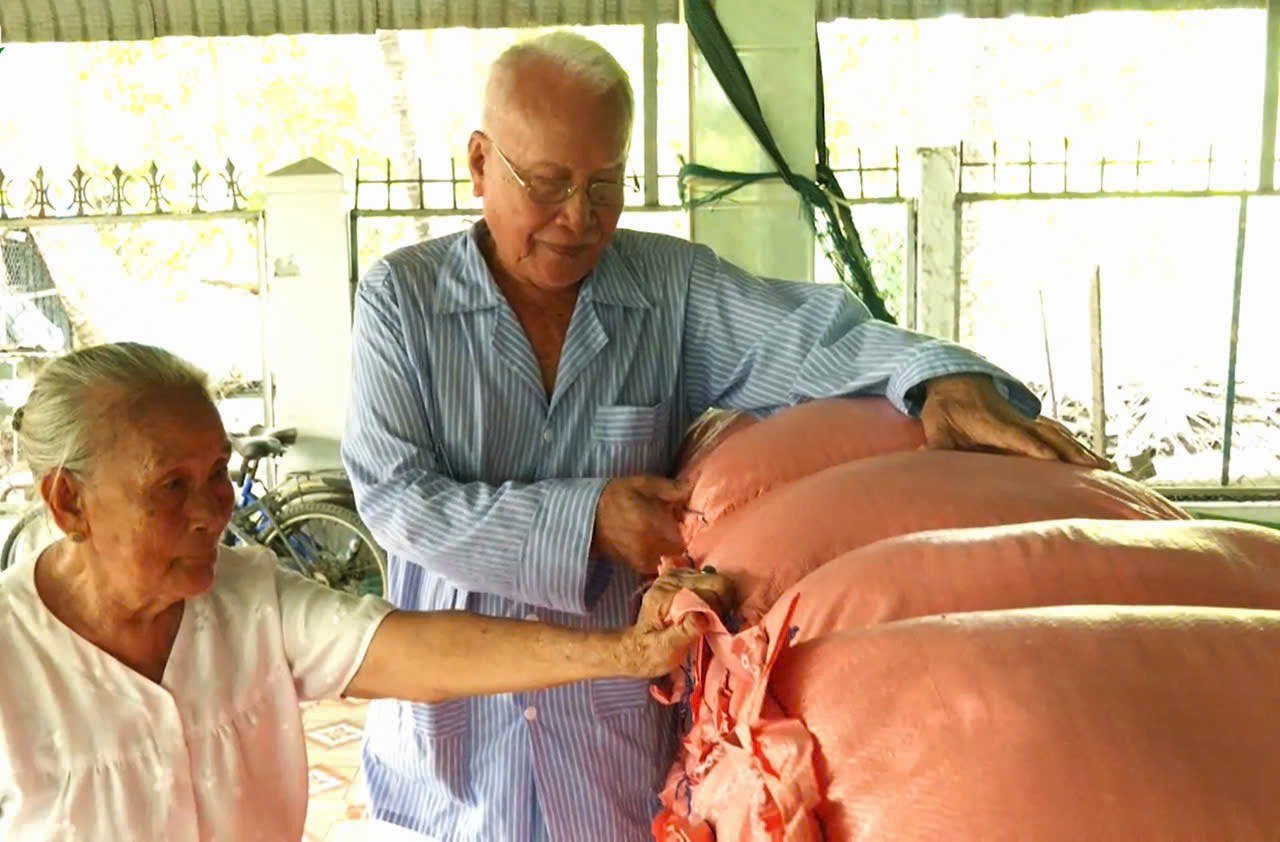

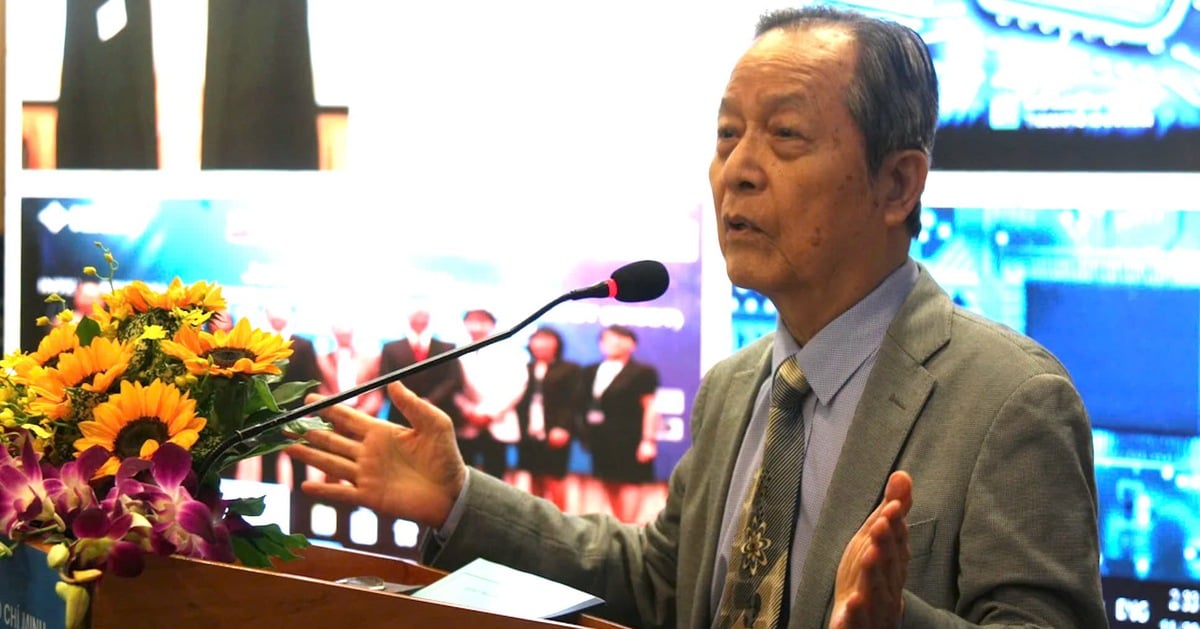

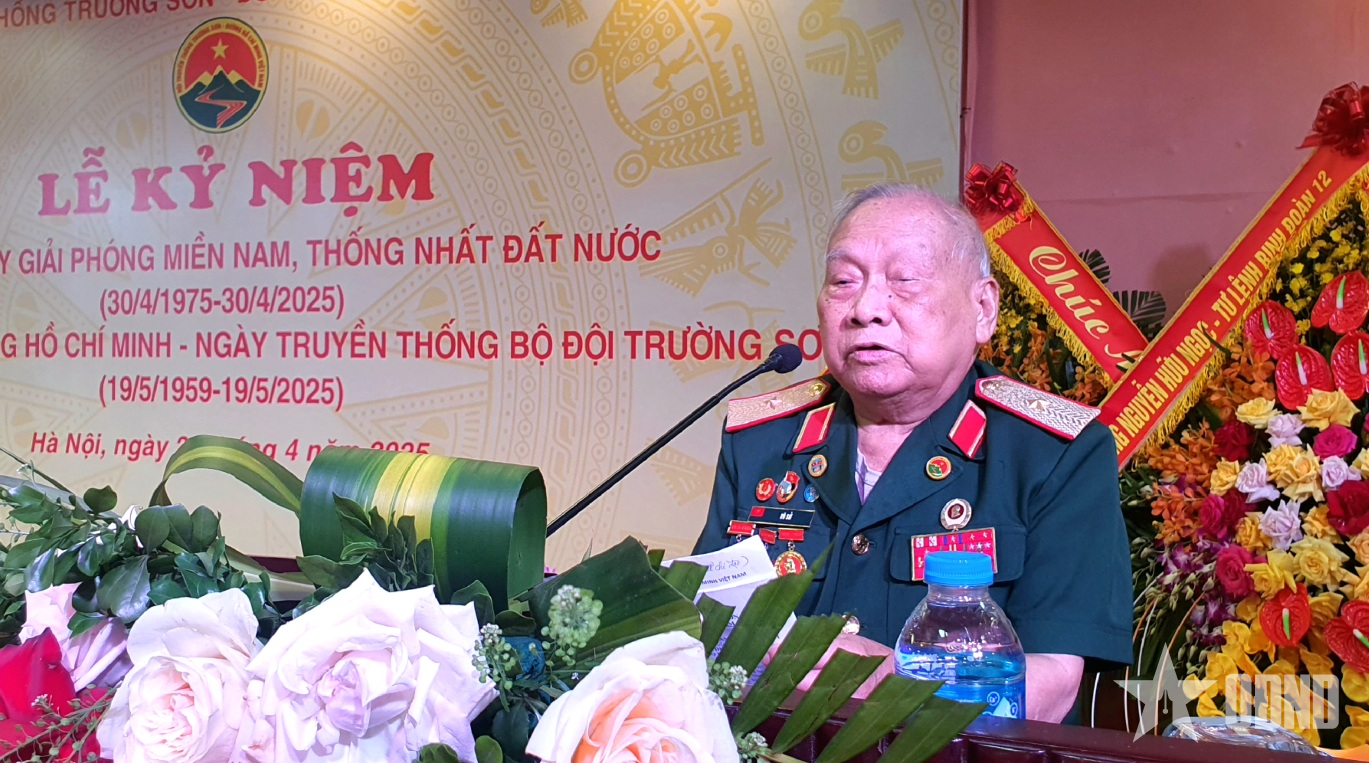

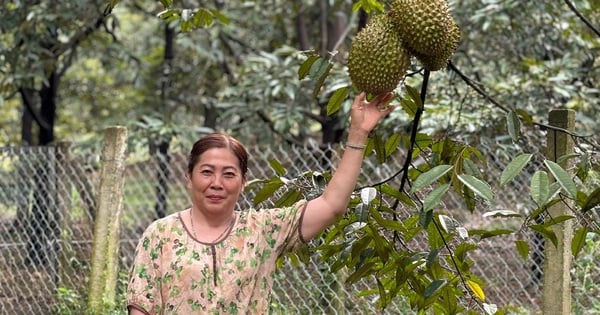

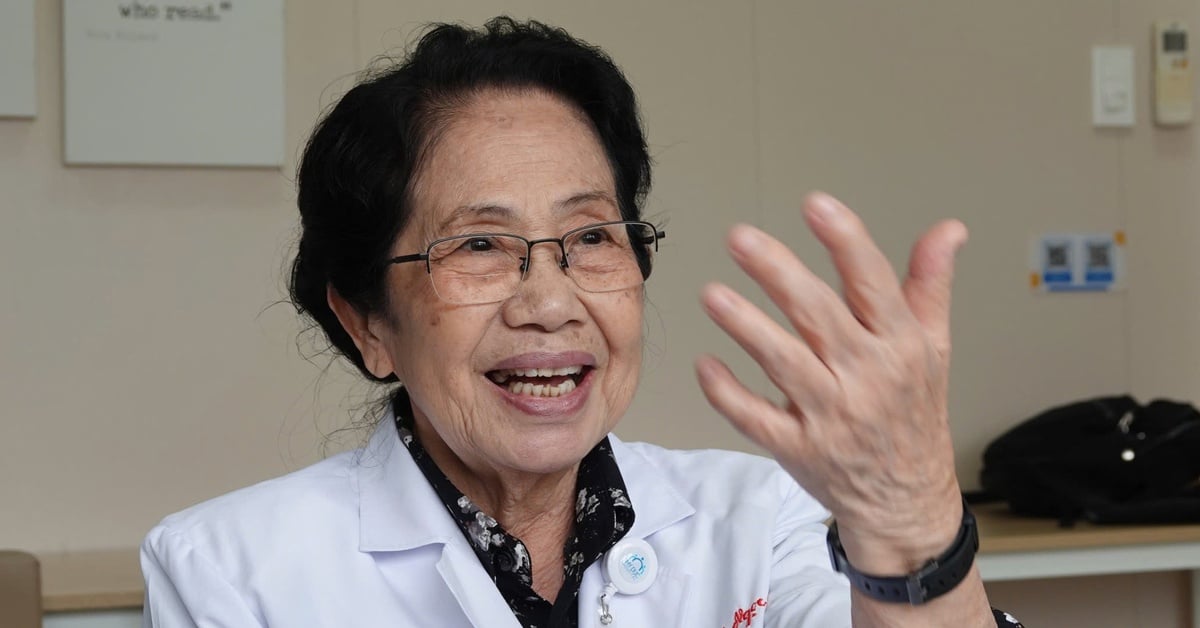


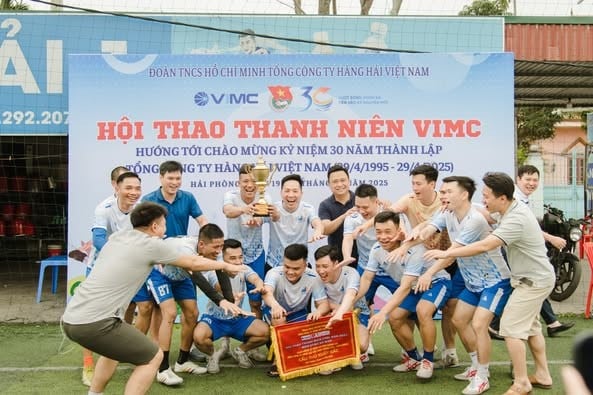

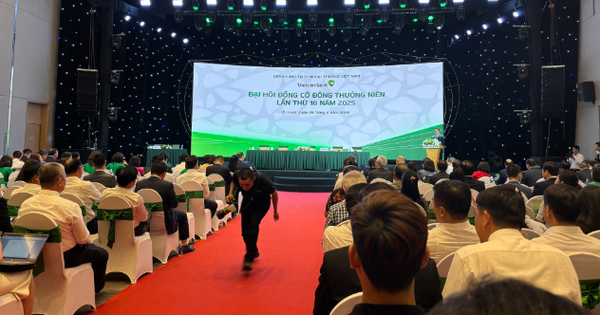




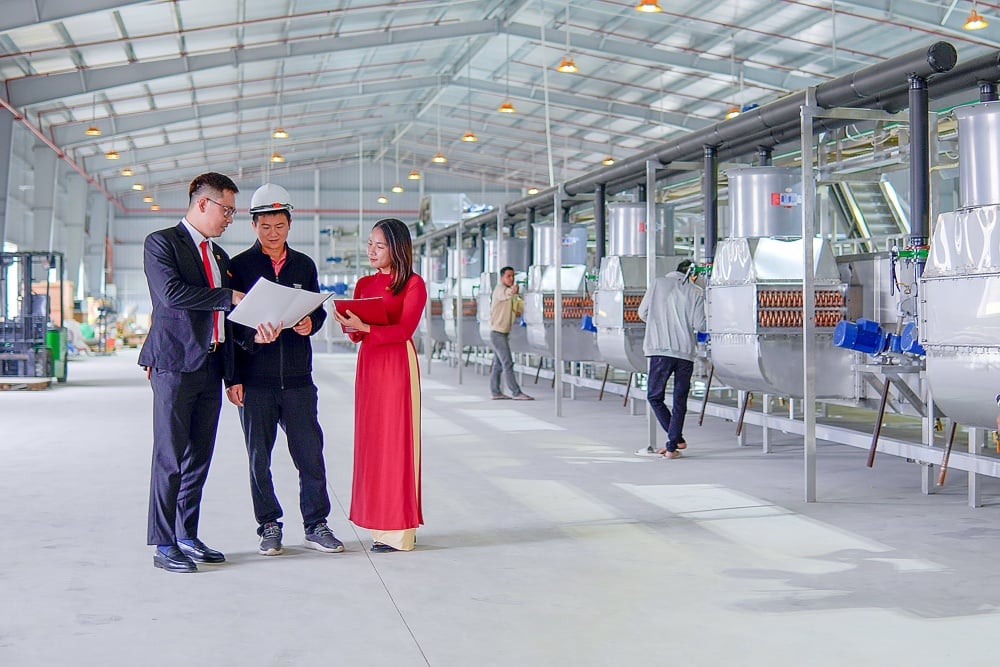

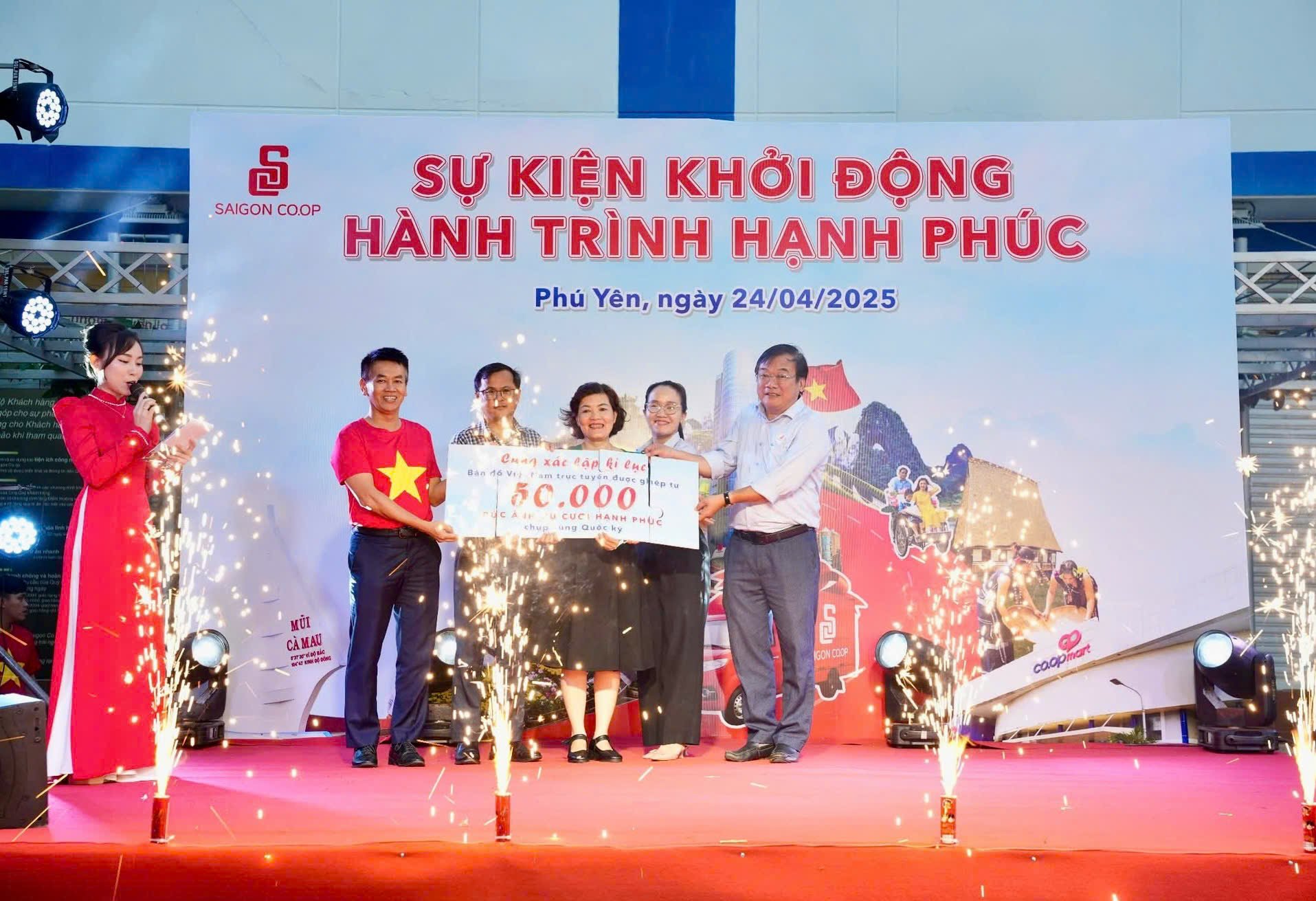


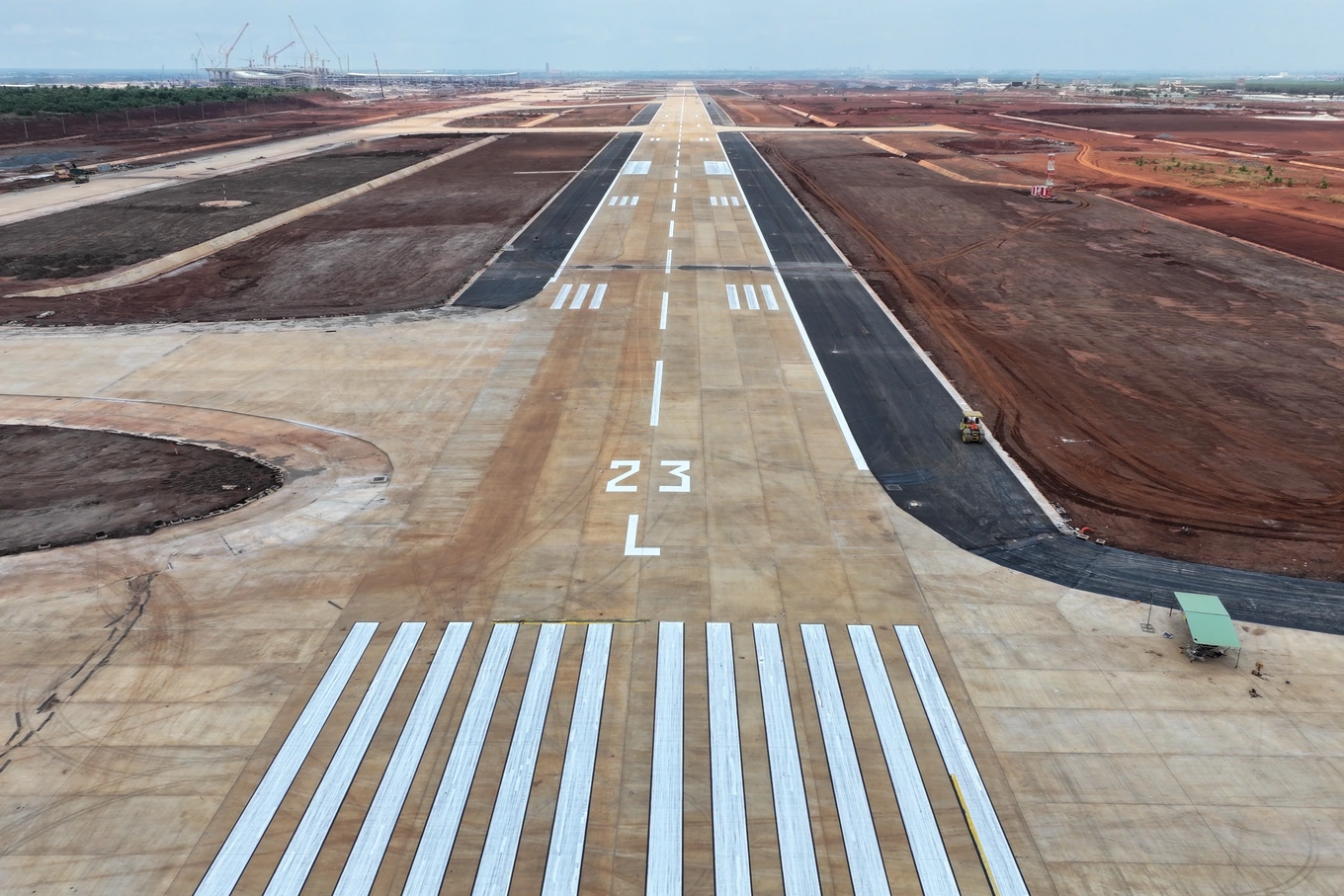
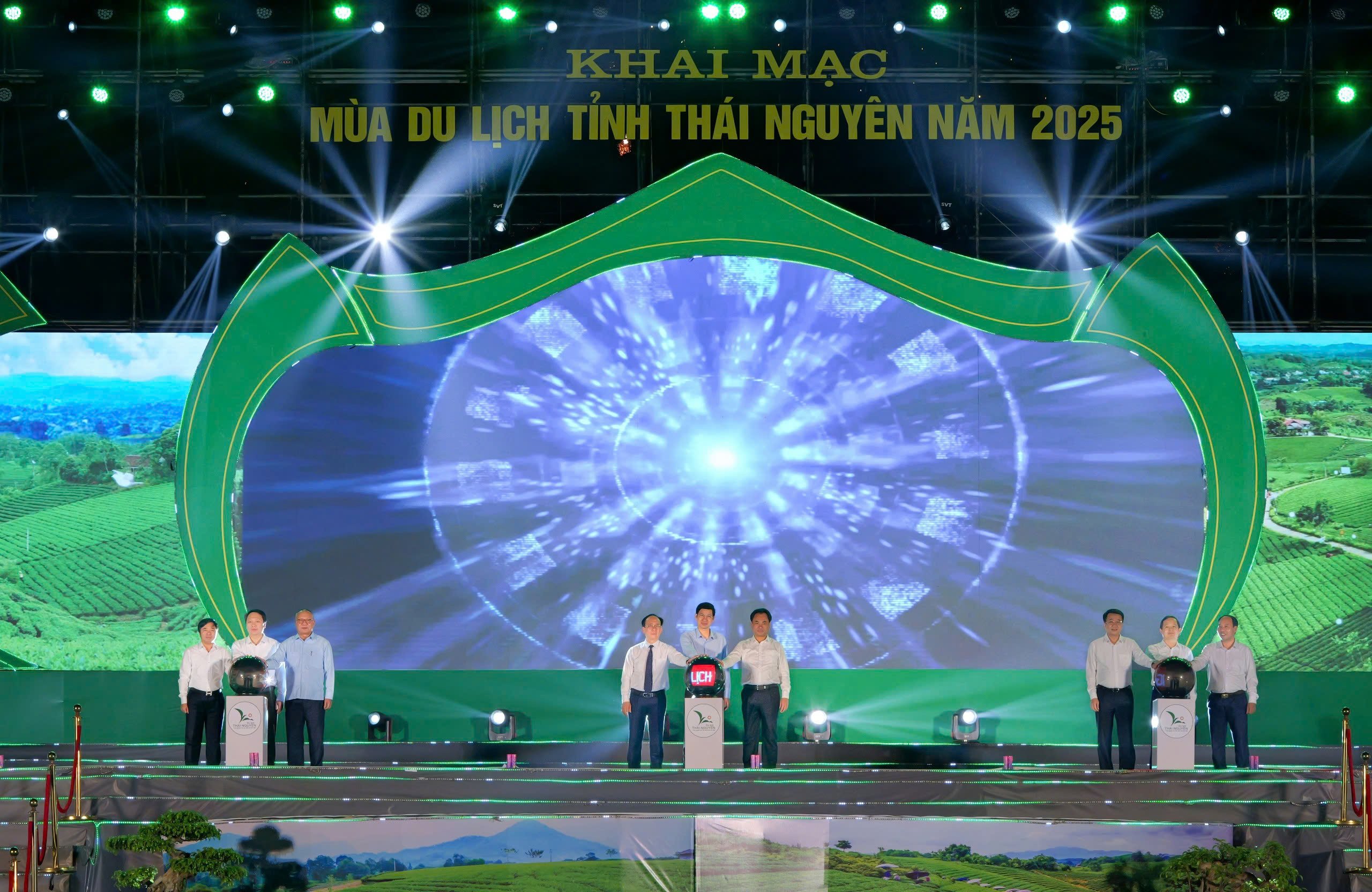




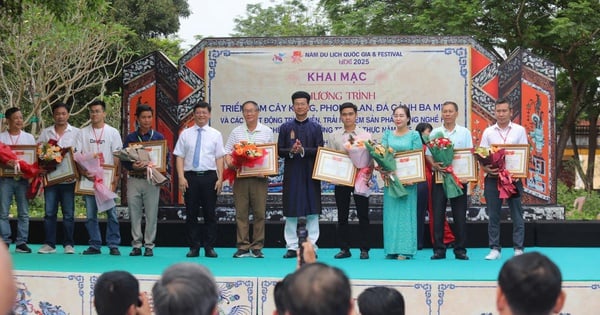


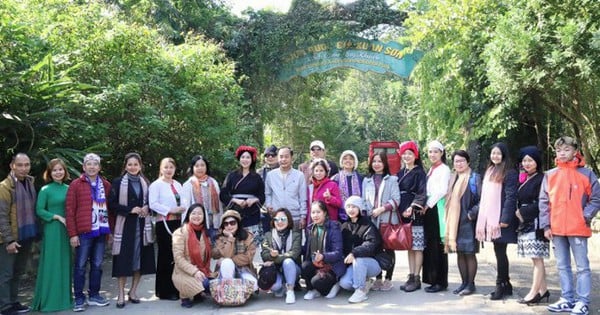
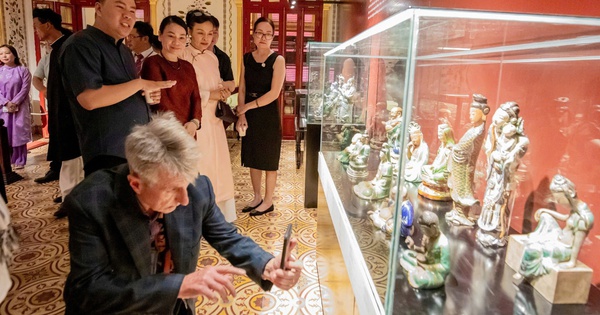
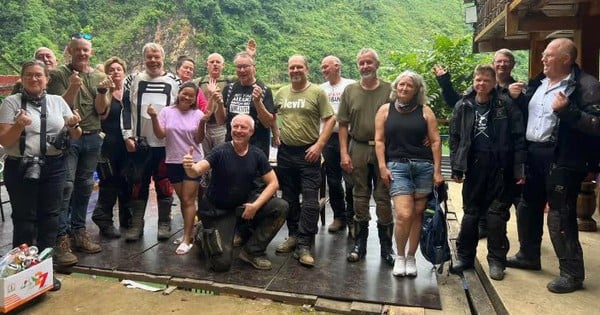
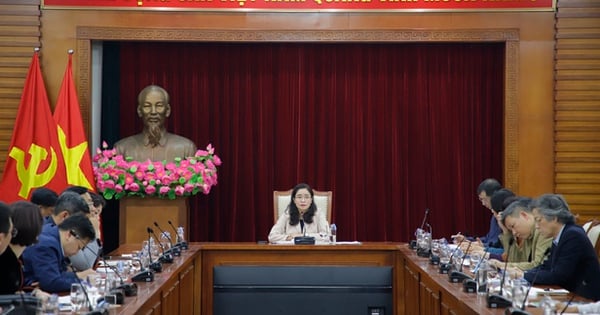




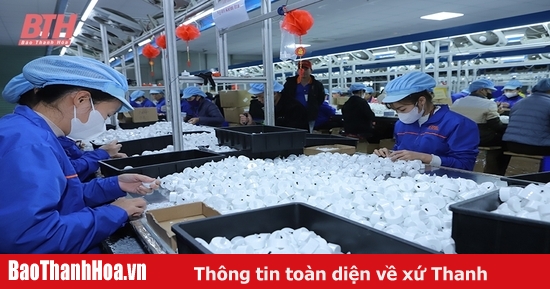


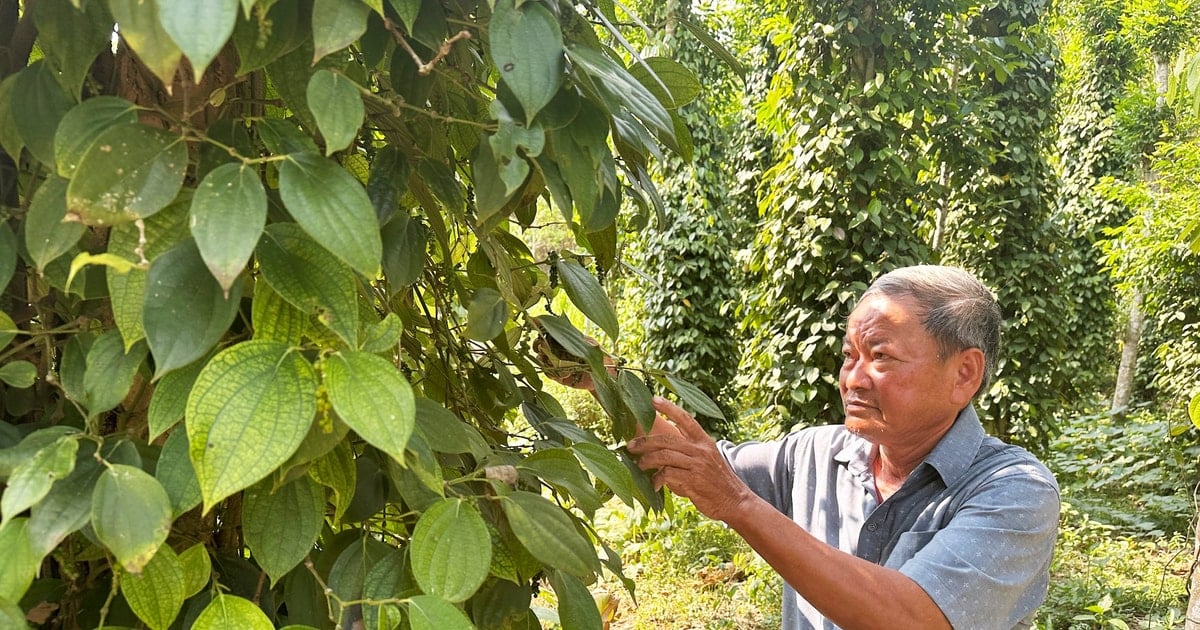
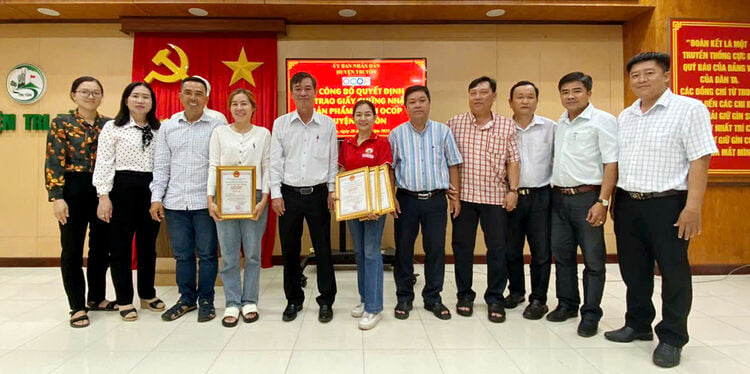

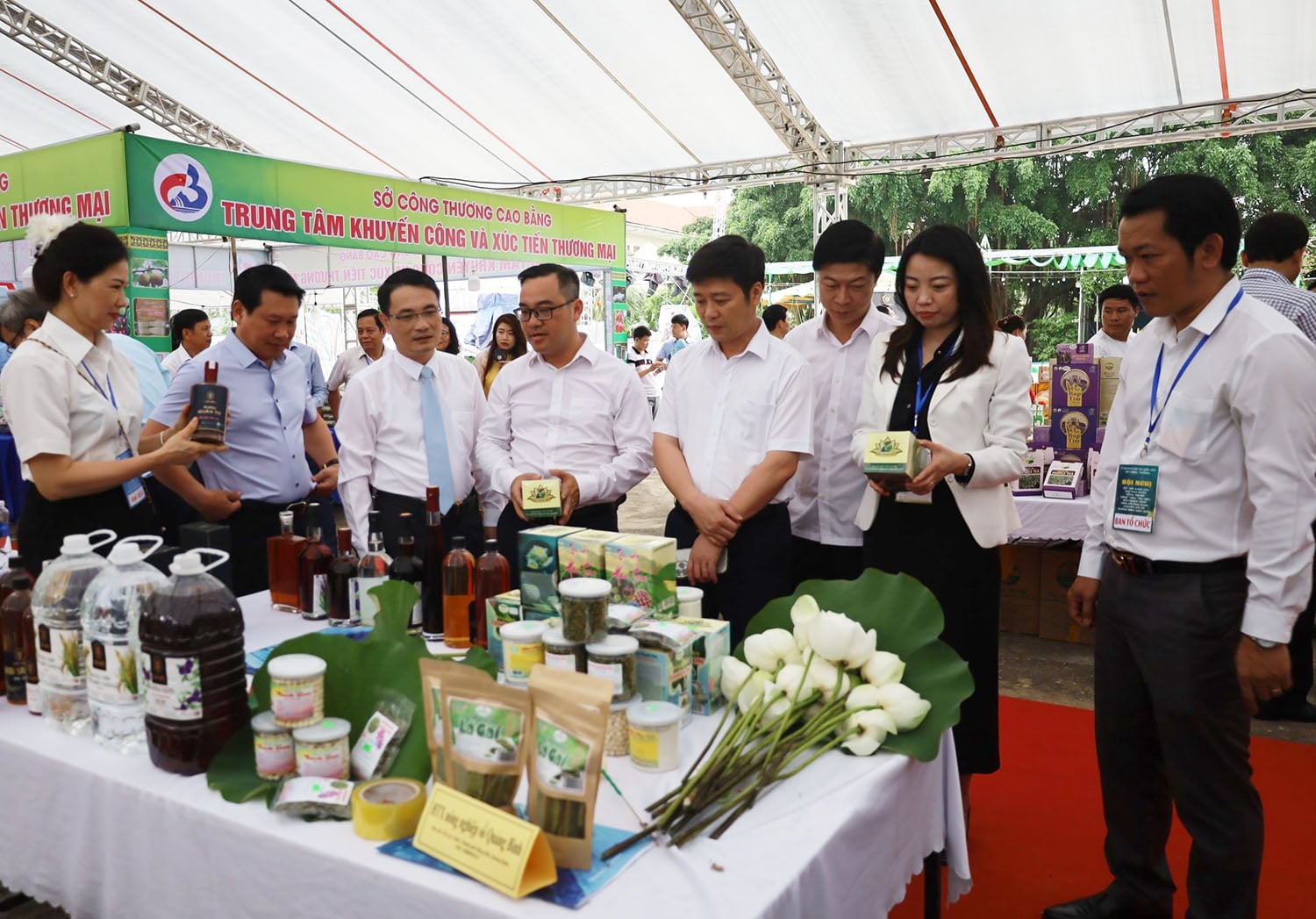

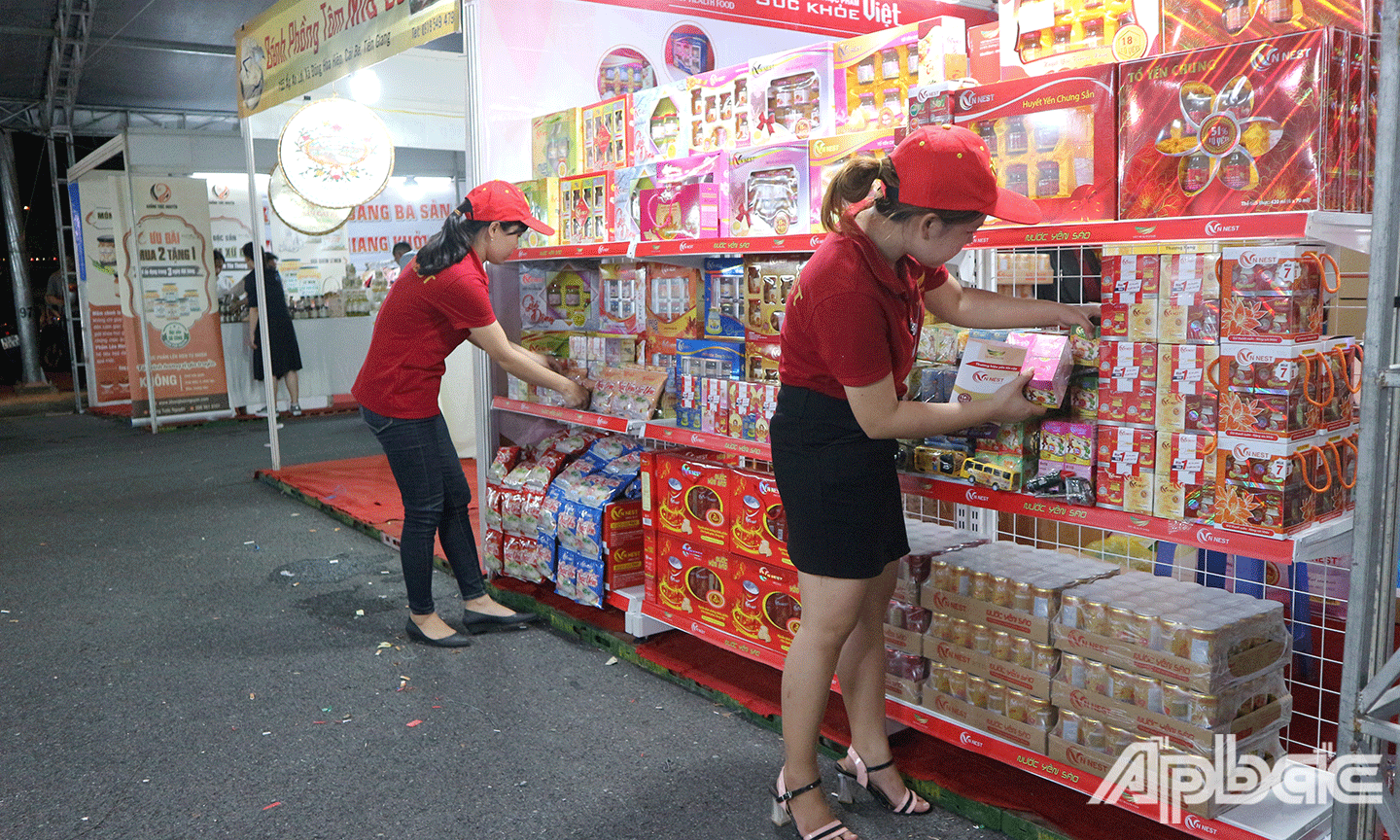

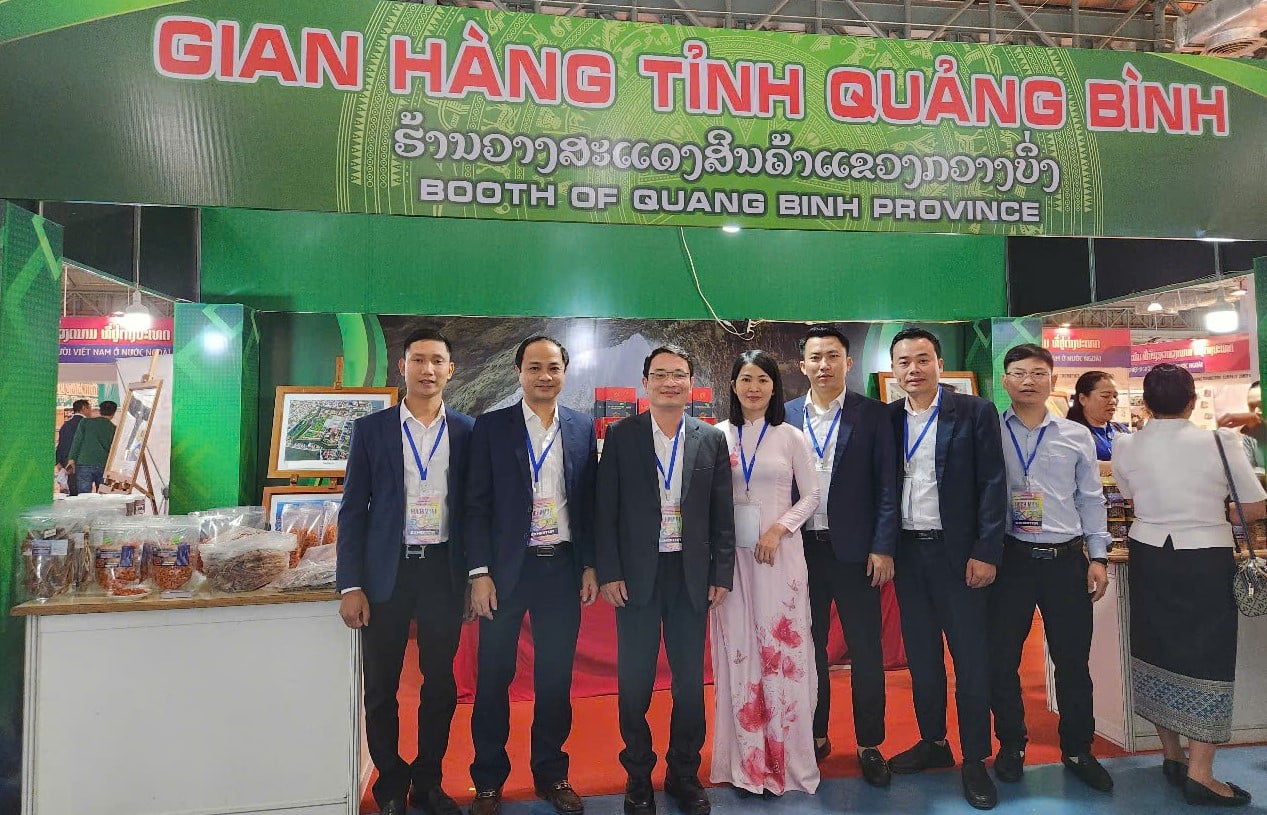
Comment (0)